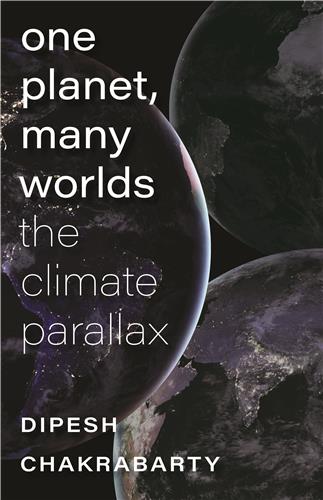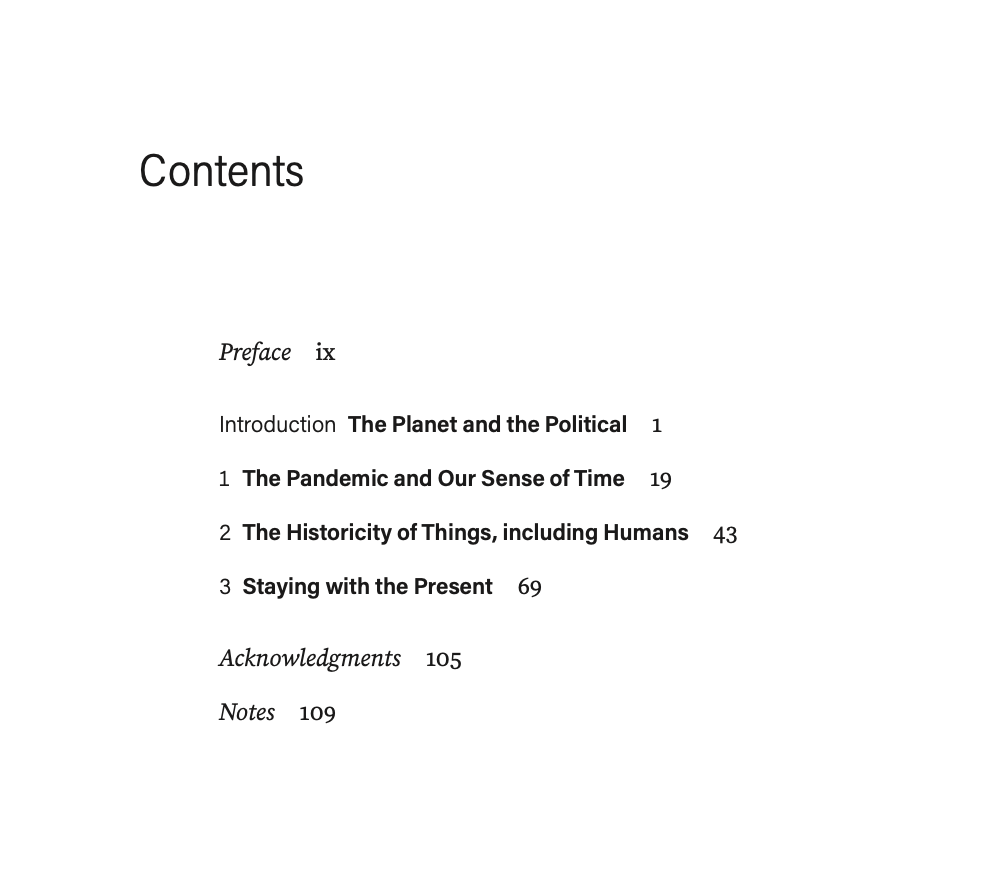One Planet, Many Worlds displays the same critical ingenuity, analytical subtlety, polymathic erudition, and gravitas that one has come to expect from Chakrabarty. Those who engages its arguments attentively, even in dissent, will come away energized by the encounter with a strenuous and self-exacting thinker capable of ranging back and forth across a vertiginous range of disciplines from geology to phenomenology.





